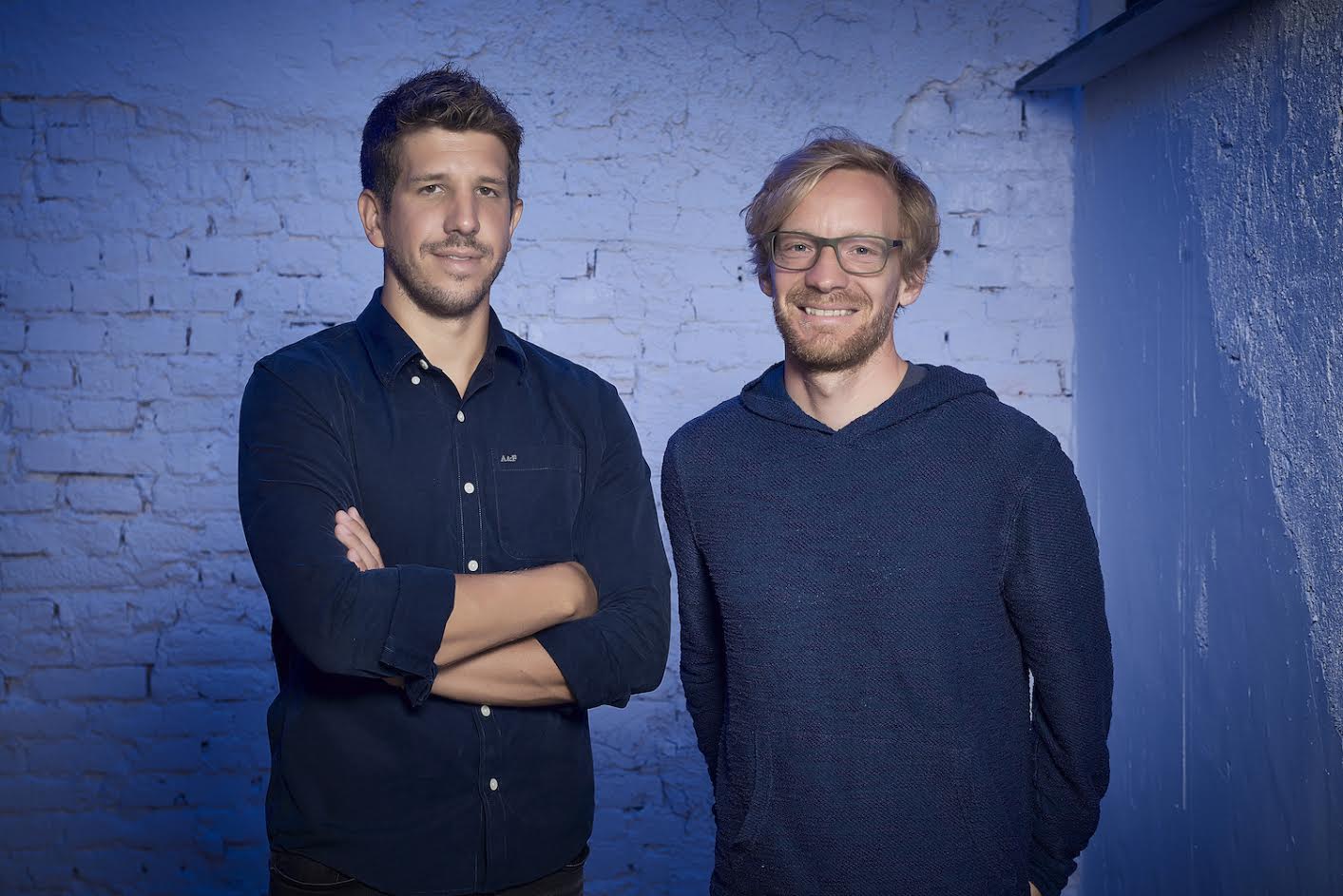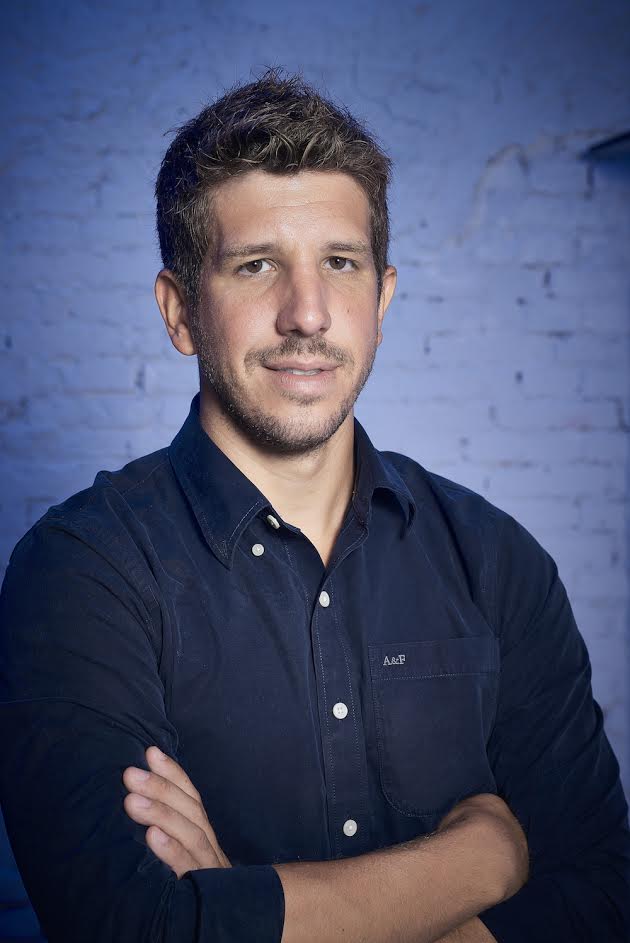Entrepreneurial Mindset: Meet the Speakers - Luka Abrus
September 10, 2019 - Continuing our look at the speakers for this week's inaugural Entrepreneurial Mindset conference in Zagreb on September 12. Next up, Luka Abrus from Five.
It quickly sold out and there is a waiting list of hundreds should tickets become available. This week's Entrepreneurial Mindset conference in Zagreb is the first of its kind in Croatia, and it includes a top draw list of speakers, several of the most successful entrepreneurs in the country. TCN will be covering the event and we continue our series interviewing some of the key speakers. Our latest guest is Luka Abrus, CEO and co-owner of Five, a mobile design and development agency building award-winning digital products that generate returns for our clients, with a 180 people team..
1. As a Brit, I notice that entrepreneurs are not embraced and supported as much in Croatia as they are in countries with a longer capitalist tradition. How does it feel being an entrepreneur here, and how did you decide to embark on this road less travelled?
I'm a part of the younger generation (not necessarily by age anymore, but I still feel like it), that hasn't been burdened by socialism and cultural self-imposed limitations. And I've grown up in the IT sector, which has been a global industry from the start. Since an early age I was looking at software giants build their global scalable companies, so for me there was no other way. I'd say IT is specific, especially new IT companies started in the last 10-15 years, as they are inherently oriented towards export and building global products and identity.

(Luka Abrus with partner Viktor Marohnic, right)
2. How would you compare the perception of an entrepreneur in Croatia to one in Germany or the USA, for example?
Well, I live in a bubble. I'm surrounded by positive stories, globally successful people, fellow entrepreneurs, self-employed consultants, and in general people who understand what creating value means. Over the past 10 years of my entrepreneurial career I've seen a shift towards a more positive attitude to entrepreneurs. And especially in the light of the emmigration happening in the last few years, people are now paying more attention to individuals and companies creating value out of nothing and who are keeping people well-paid, professionally growing, and ultimately happy in Croatia.
What I think we still miss is more understanding and support for failures. I've seen a few examples of companies experiencing a downturn, and people still don't realize it's all part of the circle of life, and actually an extraordinary experience to learn from.
3. Tell us about your entrepreneurial experience so far in Croatia - the highlights, the lows, the successes and the failures.
To be frank, my experience as an entrepreneur in Croatia has been perfect. But the main reason is that I really pay no attention to the bureaucracy, formalities, paperwork or any other imposed burden. I find myself lucky to have great people inside and outside of the company who take care of that, so I can focus on building the business. I'm actually being selfish in a way, as I'm doing only the things I actually love and enjoy.
100% of our business is in the US, we have no clients in Croatia, and that was, obviously, a deliberate move. So we operate more as a US company building our global brand. I still can't understand how there's no bigger strategy and long-term picture with legislators (a good example is the regulation around flat-rate crafts, or "paušalni obrt", which is a really complex topic with many sides and numerous benefits and disadvantages to all parties on whole market). But I choose not to lose sleep over it - it's simply a playground we operate in, and we play by the rules and do our best. Though I wish there were more courageous moves being taken, such as changing (or eliminating?) the income tax, improving (or loosening?) the Labour law, etc.
4. What are your hopes for the conference and why did you decide to accept the invitation to speak?
It's a clear opportunity to learn and get reinvigorated by the energy of other entrepreneurs. For myself, my speech will be the lowlight, as I can't learn from myself :) And I'm really looking forward to hearing other ideas, stories and visions, and just hang out with great folks.

5. Tell us a little about your own entrepreneurial mindset.
I feel confident taking risks, and I understand it's a marathon, and endurance is the key skill. There is a term I recently learned while sailing - art of marginal improvements. And that's exactly it, after you set the right vision and long-term strategy, it's about making sure each day we move one step ahead, no matter how small. Being completely focused, never letting go of the tiller or sails, and fighting for each incremental improvement. And it works, when I look at where we've been 5 or 10 years ago and compare it to now, there has been a handful of visionary strategic decisions, and everything else was just making sure we win our daily battles and move forward.
6. Instilling an entrepreneurial mindset into a society which has grown up with socialism will take some time and effort. What is the roadmap to achieve this?
I believe it's two things - first is giving more spotlight to successful entrepreneurs, and indirectly showing that there are people who became successful on the market just with their skills and knowledge. We simply need more success stories, from people who have no political background. We already have a few, and I'm very excited to see them grow even further, and change our landscape before our eyes - Infobip, Nanobit, Rimac.
And the other is changing the system, on both the educational front but also the judiciary. This transition will take much longer, and the system is too stiff and not keen to change. But, small steps, marginal improvements, let's take our battles one by one, as I lost hope for a visionary revolution.
7. What advice would you have for someone in Croatia thinking about taking the entrepreneurial route?
Do it now, and focus solely on exporting your services, products, knowledge. Travel, and feel confident with failing, because everyone else is probably expecting you to. Think big and find the right role models to look up to.
8. Andrija Colak once told me that the best thing about doing business in Croatia is that if you can succeed here, you can succeed anywhere in the world. Do you agree, and why is it so hard to do business in Croatia?
Well, I've heard stories, but again, doing IT is a bit different than all other verticals. We invest in people capital, and do not need large upfront investments, do not deal with a lot of bureaucracy or real estate. I'd say every business is hard and challenging, but that's where the reward lies.
9. Three things you would like to see to help entrepreneurs in Croatia.
a - More Infobips, Nanobits and Rimacs (and Fives!) to lead the way.
b - Visionary government ready to make changes over a decade, resistant to populism.
c - More events like this, where entrepreneurs are ready and willing to share their knowledge, understanding we're not competitors, but tiny grains of sand on the global market.
I'd settle with 2 out of 3 for now, obviously. :)
More info on the conference can be found at www.poduzetnickimindset.biz and FB Casopis poduzetnik.
6th Codeanywhere Shift Developer Conference Expects 1,500 Speakers and Visitors
On June 1st and 2nd, the Codeanywhere Shift Conference will take place in Split where more than 1,500 visitors and speakers are expected to attend.

